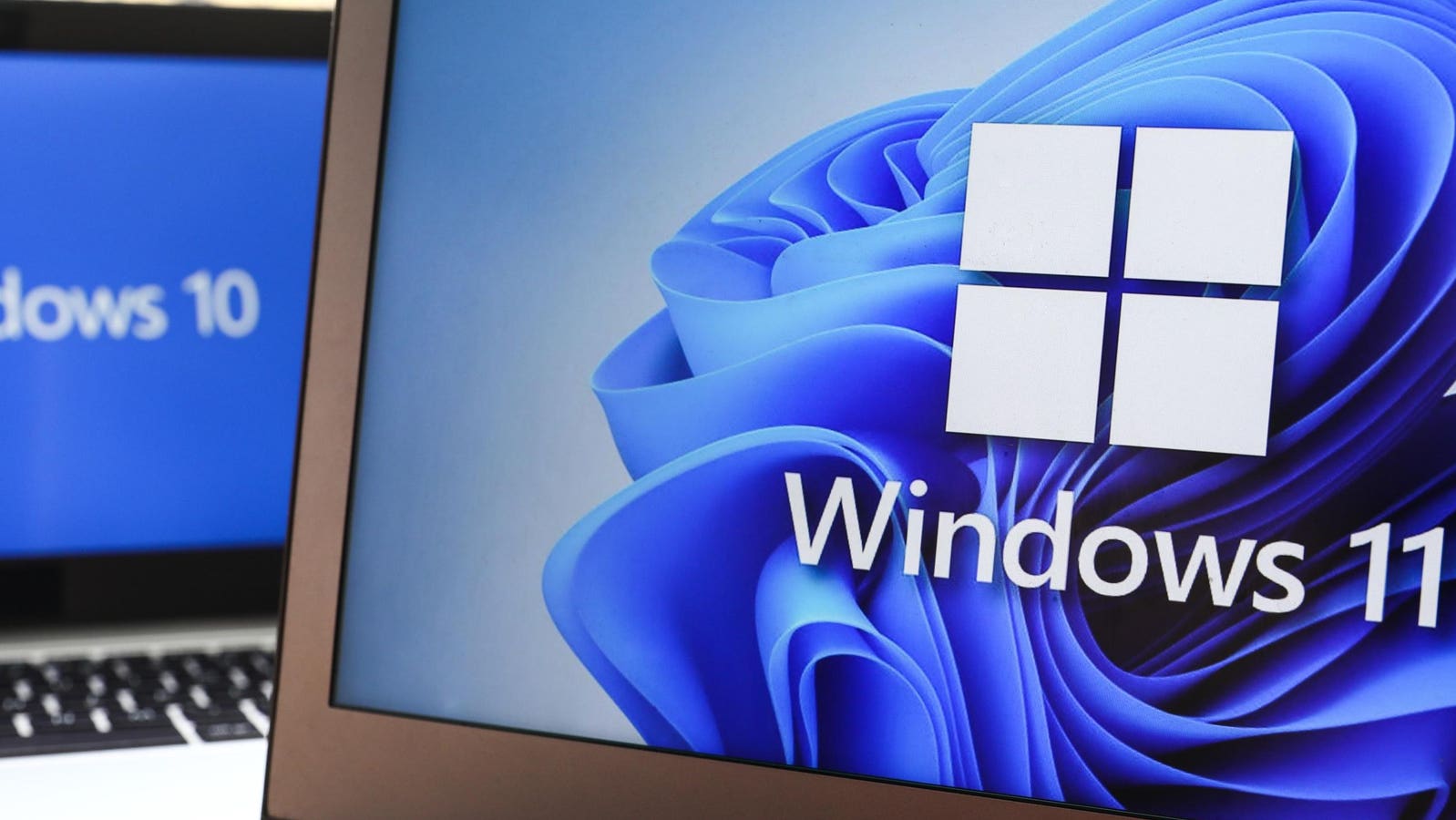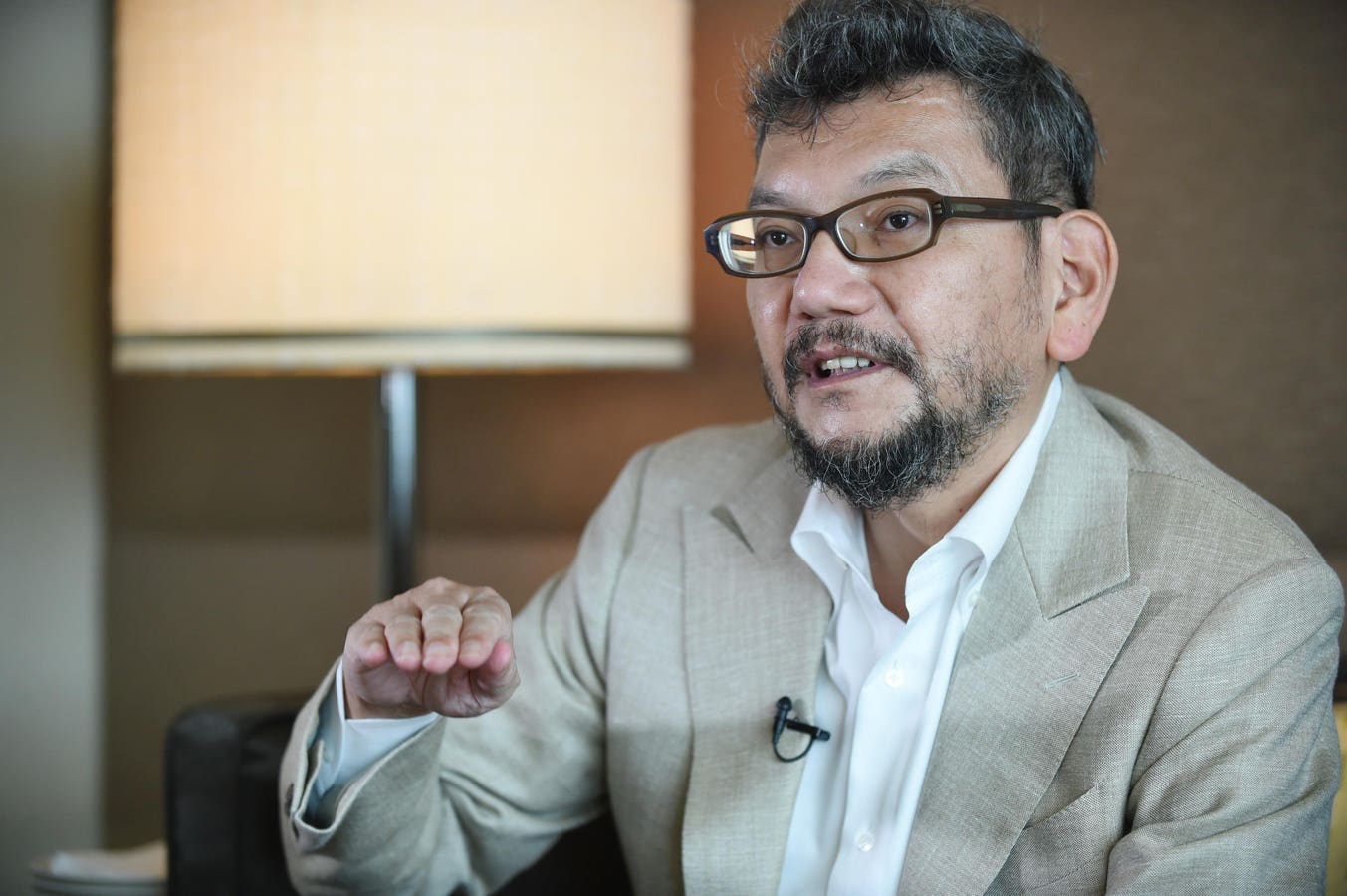Faced with federal research funding cuts enacted by the Trump administration and Elon Musk’s … More
Scientists and students across the country are reeling after the DOGE-led mass layoffs, research and student fellowship funding cancellations, funding halts, and high-profile resignations of key leaders at many federal agencies that support science and technology research, including the National Science Foundation and the National Institutes of Health. In response, a student organization at Cornell University has launched a grassroots science communication campaign to encourage budding researchers to communicate the value proposition of their federally funded research. But their target audience is not policymakers in Washington, DC – it’s local media the people voted them into office.
Just as President Trump’s first budget request to Congressional appropriators threatens to slash scientific research and education funding even more, Cornell University’s Advancing Science and Policy Club has launched the McClintock Letters campaign to encourage and support fellow undergraduate and graduate students, postdoctoral fellows, and early career faculty to articulate to communicate what they do to the public.
Named after Cornell geneticist Barbara McClintock, who in 1983 became the first woman to win a Nobel Prize in the sciences, the organizers aim to help their peers across the country publish over 1,000 columns, opinion pieces, and letters to the editor in hometown or local media outlets on or near June 16th, McClintock’s birthday.
The campaign website states that the participating authors should avoid partisanship, explain their federally funded research, its real-world impact, and how community contexts shaped their own decisions for pursuing careers as scientific researchers.
Students Seek To Amplify Science Communication Through Local Media
According to 2024 polling from Pew Research Center, 76% of American adults express a “great deal or fair amount” of confidence in scientists to act in the public’s best interest. However, that percentage is down from pre-pandemic times, and only 45% of polled respondents describe scientists as good communicators. A separate Pew study found that local newspapers have a circulation of around 15 million people and target a more diverse set of readers that may skip over national news outlets.
Addressing both scienced communication and local media engagement gaps is a key goal of the McClinton letters campaign, says Isako Di Tomassi and Emma Scales, two second-year doctoral students at Cornell who lead the student organization coordinating the effort.
“This initiative was born out of humility for sure. People generally are just not familiar with ongoing federally funded scientific research. That is not their fault,” Scales shared during a phone interview. “This is a science communication initiative. We’re trying to come from the most humble place we can. We just want to tell you what we do.”
The duo started the project after federal funding cuts enacted by the Trump administration led to the termination of Di Tomassi’s doctoral advisor. Di Tomassi noticed that conversations on NextDoor, a neighborhood-based social media app, showed general unawareness or apathy among local residents about the implication of the cuts in their own communities.
“There were about 250 comments on the post about people at my research facility being fired. Some to the effect of ‘a lot of stupid research has been stopped’ or ‘what were they working on anyway?’” Di Tomassi shared.
“I work for the public as a scientist, and they had no idea what I was working on. That was almost a failure for us as scientists to not communicate what we’re doing with their money, their tax dollars.”
Together with national coalitions like Science Homecoming and 500 Women Scientists, the organizers are coordinating complimentary science communication training webinars and providing editing services to contributors to the McClintock letters campaign. Science Homecoming, an effort founded by researchers at Carnegie Mellon University and the University of California-Berkeley, is coordinating a parallel initiative but geared at university faculty members. Their website lists a map highlighting published pieces from Maricopa, Arizona, to Charleston, South Carolina.
Cornell University students are taking tracking the articles published as part of their campaign, which they hope to display in a similar fashion following the June 16th deadline.
From Research Advocacy to Science Communication Training Expansion
While federal research funding cuts inspired the undertaking, Di Tomassi and Scales hope that the McClintock letters campaign will not only increase awareness of the value of federally funded scientific research but also the need to hone students’ skills in science communication and public engagement.
Di Tomassi and Scales said they were heartened by the volume of support, and frontline science advocates in Washington welcomed the effort to help sound the alarm around the public impact of research. More than one hundred national professional science associations, including the Genetics Society of America and the American Association of Geographers have distributed the McClintock letters as part of the drive towards the June deadline.
Reflecting on recent conversations with lawmakers on Capitol Hill, Jennifer Zeitzer, the deputy executive director at the Federation of American Societies for Experimental Biology, said that the need for the word to get out about the implications of the Trump administration’s actions is only growing and local stories can help.
“Members of Congress need to hear personal stories about how their constituents are affected by what happens in Washington and the McClintock Letters campaign is a wonderful opportunity to bring these messages to Capitol Hill through the local press,” she told me. The federation, which represents more than 110,000 researchers worldwide, was one of the organizations that helped amplify the campaign.
Tobin Smith, senior vice president for government relations and public policy at the Association of American Universities who co-chairs the Engaging Scientists and Engineers in Policy Coalition in Washington, DC, said that “it only makes sense that graduate students speak up to promote the value of the federally funded research” given the volume of funding cuts at federal science agencies.
As Congressional leaders weigh options before it sends a funding bill to send to President Trump’s desk, Cornell’s Advancing Science and Policy Club hopes it can turn career crises into a catalyst for more science communication training across the nation. Perhaps the next time that federal science cuts hit Ithica, New York, community conversations on the NextDoor app will look different from those that took place this spring.








